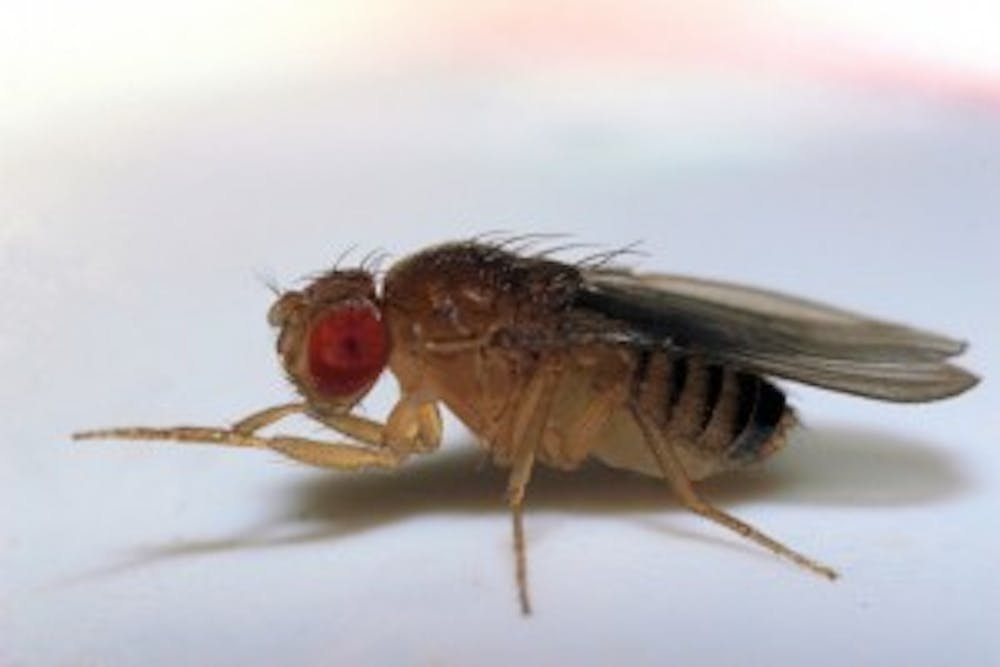Currently, it is commonly thought that the cells in the non-reproductive organs of both sexes are relatively similar — and that any difference in lung or heart or liver function is due solely to the different hormones that circulate in males and females.
However, researchers, supported by the Medical Research Council (MRC) at the MRC Clinical Sciences Centre (CSC) at Imperial College London, have published findings in the journal Nature suggesting that cells in non-reproductive organs have genes that may differentiate them into “male” and “female” organs, independent of any hormones present in the organism. The sexual nature of the differentiated cells was found to affect their function.
“We wanted to ask a very basic question: Whether it is just the cells of the sex organs of a fully developed organism that ‘know’ their sexual identity, or whether this is true of cells in other organs too — and whether that matters,” Irene Miguel-Aliaga, the lead researcher and head of the Gut Signalling and Metabolism group at the CSC, said in a press release.
Miguel-Aliaga and her team approached this question by examining stem cells in the gut of fruit flies. Using techniques to modulate gene expression, the researchers were able to prompt the cells to be more “female” or more “male” by “turning on” or “turning off” genes found in male or female sex cells. Upon making this change, the scientists observed how this affected the function and metabolism of these cells. They found that one of the biggest effects of gene expression modulation was the rate of cell proliferation. Female cells, or cells that have been “feminized,” were found to proliferate better than male cells.
The researchers believe that the female cells’ enhanced ability to multiply allows the intestine of female flies to grow after mating and during reproduction. Miguel-Aliaga has also speculated that, in humans, the female gut could also be physically enlarged and metabolically modulated in order to support a fetus. While this enlargement in size is hypothesized to ensure more nutrition for a developing fetus, the more rapidly proliferating cells could also leave females, fruit flies or otherwise, more prone to develop tumors and even cancer.
“We find it’s a lot easier to create genetically-induced tumors in females than in males. So we suspect there is a trade-off going on. Females need this increased plasticity to cope with reproduction, but in certain circumstances that can be deleterious and make the female gut more prone to tumors,” Miguel-Aliaga said.
Through this research project, the team also identified a new mechanism behind sex-switching, which was seen in more cells than was previously expected. This mechanism is different from the recognized cascade that is active in sex cells. Interestingly, this recognized cascade is not active in the gut stem cells, suggesting that some other unknown mechanism of sexual determination is at play.
The discovery of this new mechanism begs the question of whether cells across a variety of organs in flies and mammals may have a sexual identity and whether this identity affects their reaction to treatments. If so, more research on this phenomenon can provide clinicians and researchers with a whole new perspective on how to tailor the treatment of organ-based diseases to specific organs in different individuals.





